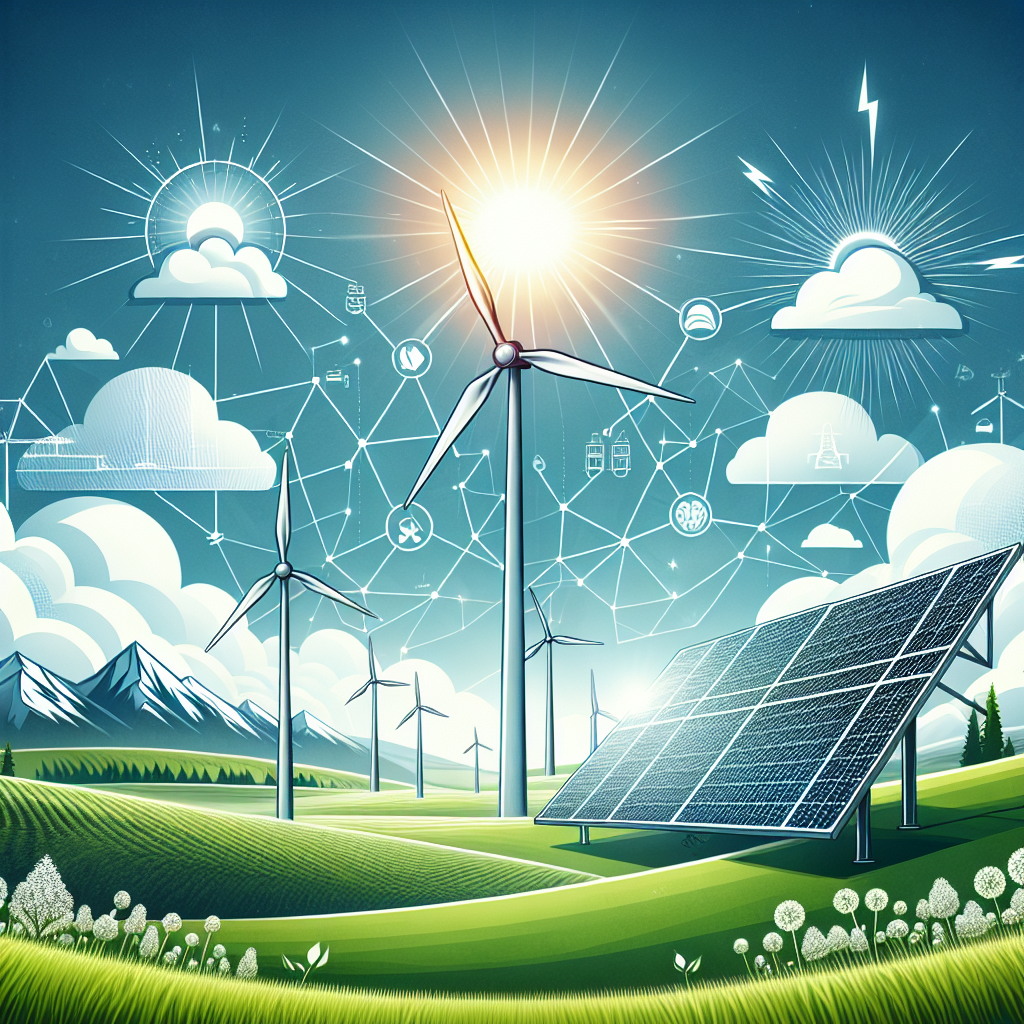Germany's Green Energy Ambitions: Defying Trump's Paris Accord Withdrawal
Germany's Vice Chancellor Robert Habeck emphasizes sticking to green energy growth plans as a strategic response to Trump's withdrawal from the Paris climate accord. Amid a challenging electoral climate, Habeck champions energy self-reliance and legislative support for expanding renewable capacity and controlling costs.

Following President Trump's controversial decision to exit the Paris climate accord, Germany is doubling down on its green energy initiatives. Vice Chancellor Robert Habeck, speaking in Berlin, underscored the importance of bringing German technologies to the forefront and achieving an 80% green electricity supply by 2030.
Trump's withdrawal undermines efforts to limit global temperature rise to 1.5 degrees Celsius. Despite economic challenges shifting voter priorities, Habeck advocates for green energy self-reliance, crucial in light of reduced Russian gas supplies amid the Ukraine crisis.
Habeck calls on parliament to pass legislation empowering renewable expansion and cost management. He highlights a pending capacity market plan to meet targets and avoid dependency on coal beyond 2030. Power firms stress the need for policy shifts to enhance investor appeal.
(With inputs from agencies.)










